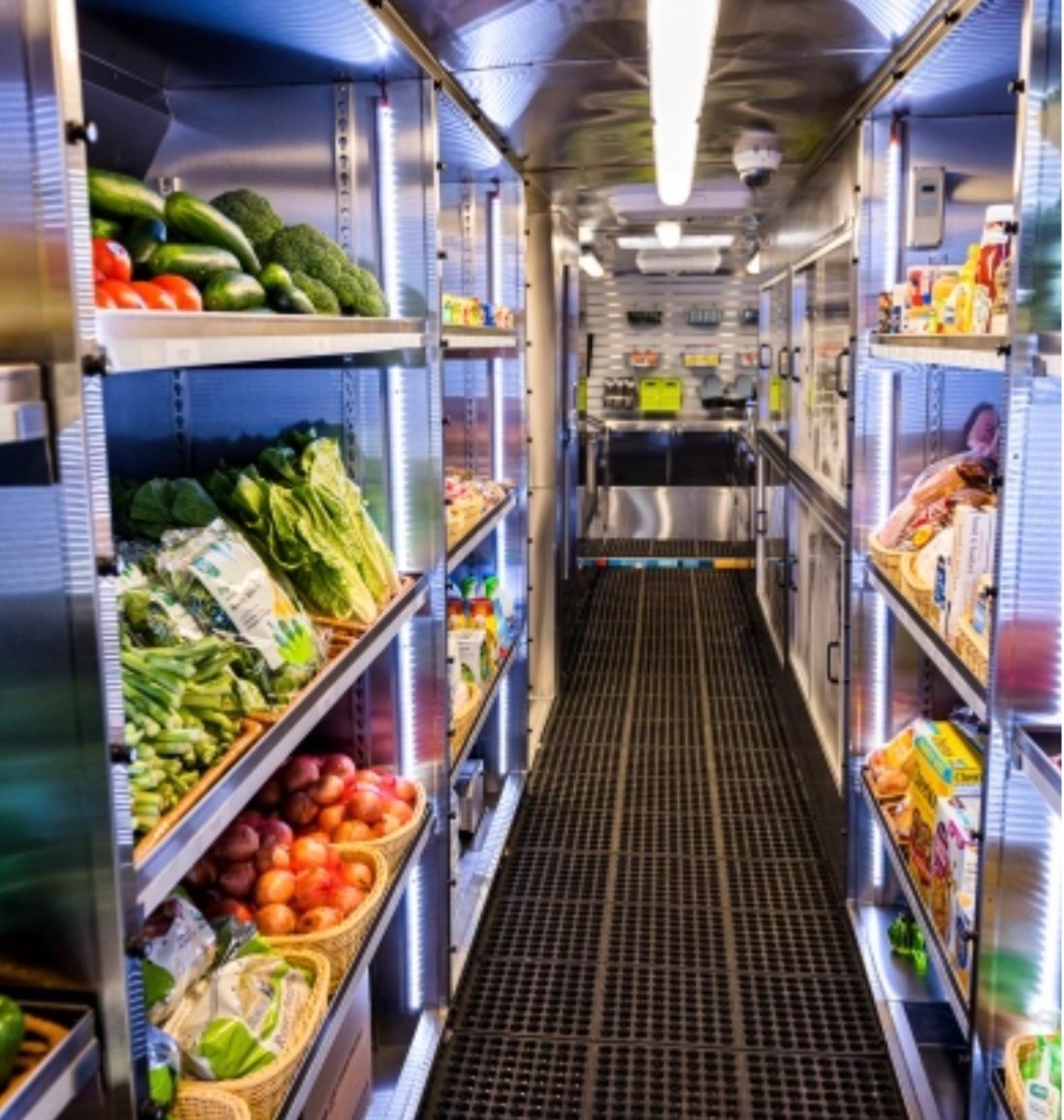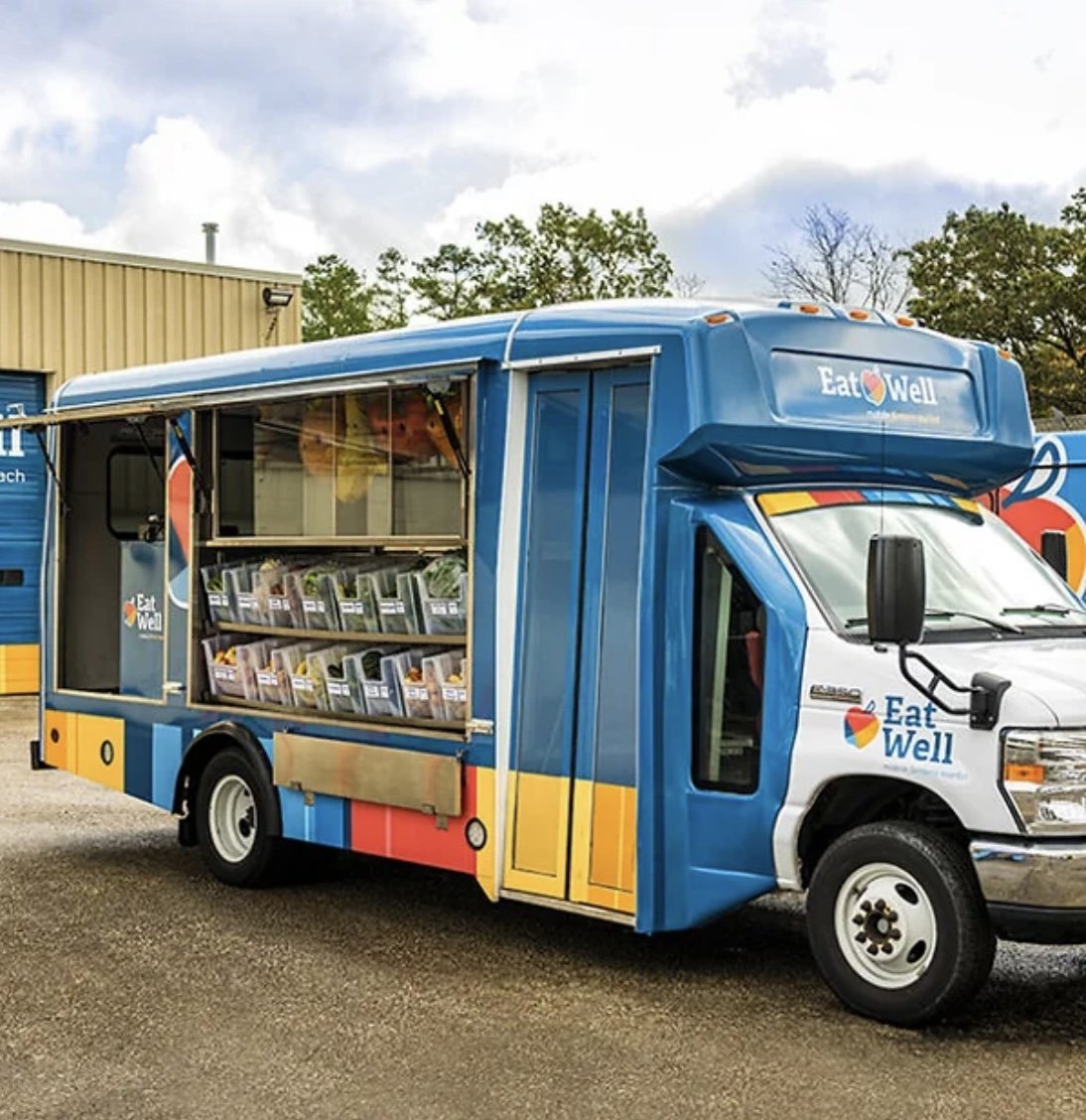Newark SAS hosts its 11th annual sustainability conference
The “Branching communities together through sustainability” brochure by Newark SAS.
For the 11th year in a row, the Newark Science and Sustainability organization (Newark SAS) held its annual Sustainable Living Empowerment conference on Thursday, June 22, in virtual mode. The conversation titled 'Branching communities together through sustainability' centered on creating a sustainable food economy, environmental advocacy actions, and processes to engage communities in these efforts.
Moderated by Tobias Fox, Founder and Managing Director of Newark SAS and Jacqueleen Bido, Ed.D, CEO of Bidoism, the conference included speakers Sandra Meola Bodner, New Jersey Deputy Director and consultant to the Energy Foundation, Sarah Mack, Executive Director of Lesniak Institute for American Leadership, and Johnathan Wetsein, Program Manager for Roots to Prevention.
Fox, who started in the world of sustainability in 2012, said the conference birthed out of an idea from a group of people "thinking they can change the world." Newark SAS celebrates this aspiration and their commitment to sustainability today and tomorrow.
Bodner started the conversation with a presentation on a community-driven process called Listen. Lead. Share which is led by Clean Energy Jobs NJ — a coalition of more than 40 community partners that includes organized labor, social and environmental justice and environmental advocates, health professionals, and clean energy businesses to advance clean energy jobs.
As part of the process the coalition has hosted listening sessions with community members on conversations on flooding, clean energy and job opportunities, which she said have reached more than 3500 people from 2021 to now. Bodner noted that these efforts, along with a series of Op-Eds by environmental advocates, have been done to "harp down" on how the energy transition is being done.
"Let's make sure this energy transition isn't done too rashly; let's make sure we're really taking into account the benefits to the community rather than who's making the most money," she said.
The "energy transition" is the move to clean electricity powering homes, schools, and businesses. Their website states that New Jersey has a dirty energy problem, and overburdened communities are suffering as a result, making the need for the transition critical. According to research done by the Applied Economics Clinic, they estimate that the state's transition will result in an average of about 11000 jobs per year, and the coalition says it exists to ensure this is equitable.
Bodner also shared that one of the challenges of advocating for and influencing legislation is community members need to see how it connects to their personal lives or what the different policy means. Part of that, she shared, is the language used is not clear and accessible, which she said needs to change.
For this reason, the coalition has a site with user-friendly information and a Facts and Questions (FAQ) to help community members better understand the terms and learn the importance of the legislation.
Like the coalition, Mack said Lesniak Institute works with communities to empower and fill their needs. Currently, she shared they are "building capacity for advocacy." Her presentation focused on civically engaging the wider community to drive policy-level change for a sustainable future.
She emphasized the importance of community members getting involved beyond Election Day if they want to implement change, especially since each municipality is different.
"Beyond voting there's so much you can do in order to represent the interest of your community," she said. "Maybe you start by attending town council meetings or planning board meetings [which] are always available on your township's website. "She also suggested networking with decision-makers, serving on local boards, and volunteering for an electoral campaign with a sustainability vision."
To round up the discussion, Wetsein presented how Roots to Prevention (RTP) bridges the gap between the environment and healthy food access. He noted that "doctors understand that 90% of our illnesses being treated are preventable, so we technically can cure 90% [of] healthcare costs."
Political action outside of the doctor's office is where his work alongside other organizations comes in. RTP provide programs and information to residents in Camden that are designed to provide "health-promoting environments" through investments in local food economies.
"We're getting away from telling you what to do, how to eat, and just helping collectively build environments where it's just easier to be healthy and eat healthy," he elaborated.
With their team of farmers, they created garden hubs around Camden city, a USDA-designated food desert, so residents could walk within half a mile of their homes to access fresh produce.
RTP partnered with Virtua, a nonprofit health system providing health care to residents of South Jersey, to sell produce from their farms so residents can access it via one of their mobile grocery stores, which make designated routine stops around the city. Any patients experiencing diet-related illness are encouraged to enroll in Virtua’s Eatwell program to receive free or reduced-price produce.
Pursuing sustainability is done by creating and maintaining the conditions under which humans and nature can exist in productive harmony to support present and future generations, according to the Environmental Protection Agency (EPA). New Jersey’s Gov. Phil Murphy implemented a plan, through Executive Order 28, to set New Jersey on the path to 100% clean energy by 2050. But for many residents in overburdened communities, such as Newark, the Governor hasn’t kept to his word. According to Bodner, part of New Jersey’s definition of clean energy includes burning trash, and that is part of the issue that needs fixing. It is the hope of these organizations that the state, and action taken by residents, will lead to a better, healthier environment, starting now.
Public Square Amplified has covered many of the issues faced by the residents of these overburdened communities. Read more on their plight here.



